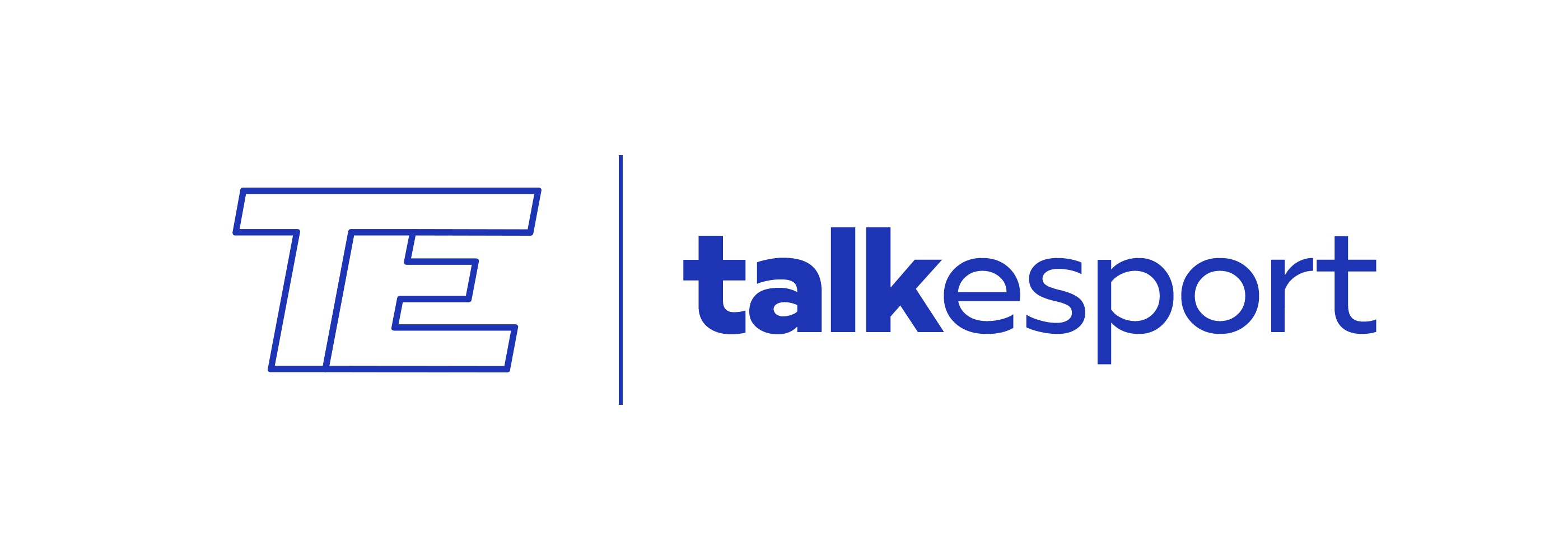The Indian government is finalizing a proposal to designate online real-money gaming companies, such as Dream11, Games24x7, and Winzo, as “reporting entities” under the Prevention of Money Laundering Act (PMLA), 2002. This move aims to enforce stricter compliance measures, including know-your-customer (KYC) protocols and the monitoring and reporting of suspicious transactions.
Implications of the PMLA Classification
By being designated as reporting entities, these gaming firms would be mandated to:
- Maintain comprehensive records of all transactions.
- Document the identities of clients and beneficial owners.
- Preserve account files and business correspondences related to their clients.
Additionally, they would need to adhere to anti-money laundering (AML) and countering the financing of terrorism (CFT) obligations, aligning with the standards set by the Financial Action Task Force (FATF).
Context and Rationale Behind the Proposal
In 2023, the Finance Ministry took a similar step by notifying virtual digital assets (VDAs), targeting cryptocurrency firms, as reporting entities under PMLA. This current proposal concerning online gaming companies represents the second significant regulatory action in this sector, following the imposition of a 28% Goods and Services Tax (GST) on full user deposits in 2023.
A senior government official highlighted concerns about substantial unaccounted funds circulating within online gaming platforms, emphasizing the necessity of curbing such activities through enhanced compliance measures.
Industry Impact and Concerns
According to a March 2025 report by FICCI and EY, India’s online gaming companies collectively generated approximately $2.7 billion in revenue in 2024. The report also noted that over 155 million Indians engaged in real-money gaming segments like fantasy sports, rummy, and poker, marking a 10% increase from the previous year.
Industry insiders have expressed concerns that while domestic companies are prepared to comply with PMLA requirements, offshore betting and gambling platforms may not adhere to these regulations. Estimates suggest that these offshore platforms handle between $25 billion to $30 billion, much of which remains unaccounted for due to the lack of effective regulatory mechanisms.
Regulatory Challenges and Enforcement
The government has been proactive in addressing compliance violations within the online gaming industry. Between 2022 and February 2025, the IT Ministry issued over 1,400 blocking directives related to online betting, gambling, and gaming websites. Additionally, the Directorate General of GST Intelligence (DGGI) has blocked more than 350 links associated with illegal and non-compliant offshore online money gaming platforms.
However, industry executives point out that merely blocking these domains has proven ineffective, as new landing pages can be created swiftly after takedowns. Complicating matters further, efforts by the IT Ministry to regulate the sector through amendments to the Information Technology (IT) Rules have stalled due to procedural challenges, rendering certain provisions unenforceable.
The government’s initiative to bring online real-money gaming companies under the PMLA framework underscores its commitment to enhancing financial transparency and curbing unaccounted funds within the digital gaming sector. While domestic firms may face increased compliance obligations, the effectiveness of these measures will depend on addressing the challenges posed by offshore platforms and ensuring robust enforcement of the proposed regulations.


